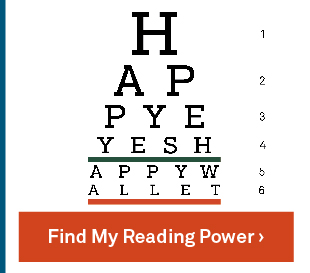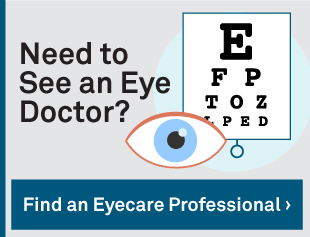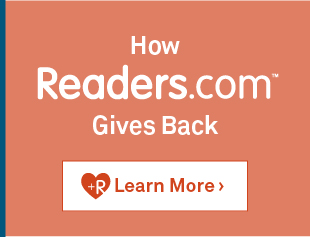“Hello, babies. Welcome to Earth. It’s hot in the summer and cold in the winter. It’s round and wet and crowded. At the outside, babies, you’ve got about a hundred years here. There’s only one rule that I know of, babies—G** damn it, you’ve got to be kind.”
Kurt Vonnegut. From God Bless You, Mr. Rosewater.
There’s only one resolution any of us need to make this year, and it’s this: to encourage ourselves and those around us to be kinder, better people; to look around for the hurt we can fix, the good we can do and the ways we can effectively help. Even the best of us have room to be more forgiving, more patient and more empathetic.
We could all learn to follow the Boy Scout campground rule socially and try to leave every person we meet better than we found them. It’s not just that being kind or fair makes us feel warm and fuzzy or gives us the chance to be smug when no one’s looking, it’s that treating each other well is a provably better way. There is even some speculation that the most efficient way to be selfish is to be generous; that we earn far more dividends in the long run by extending kindness than we do by being bitter or angry. Here are 5 reasons being kind is the only resolution you need to make this year:
1. Being Good to Others Lowers Your Blood Pressure
How many of us have tried cutting out salt, taking ACE inhibitors, losing weight, or giving up nightcaps, all in the name of getting our numbers down into a range that will make our doctors nod in approval? What if we could get part of the way there, have a head start, race ahead of the mall walking, dessert shunning and teetotalling to a better resting diastolic? What if that way was to give time or money to a charity organization that helps other human beings?
A study done by Piferi and Lawler in 2006 showed a direct correlation between charitable contribution and lower resting systolic pressure, diastolic pressure and heart rate. To make it even better, the same study showed a connection between those participants who gave social support and receiving greater “social support, greater self-efficacy, greater self-esteem, less depression, and less stress”.
To put it succinctly, if you help others more, you receive more help…and, oh, by the way, it lowers your blood pressure. For ideas on direct charitable giving to incredibly effective, but underfunded organizations, go to GiveWell.
And here are two others, closer to home, that you might consider:
2. Helping Others Helps You Live Longer
Teach somebody to read, help a neighbor fix his fence, bring dinner to a shut-in and you’ll not only feel great about yourself, but you’ll live 22% longer. An analysis of over 40 scientific papers showed that people who help others get an average of ⅕ more life in which to help. While the study didn’t prove conclusively where the benefit comes from (whether a boost in, say chemicals like oxytocin, associated with positive emotions, or the direct social benefits of helping were causally related to the increase), there seems to be tremendous longevity benefit when it comes to lending a helping hand.
3. You’ve Heard of the “Runner’s High”? Well, There’s Also a “Helper’s High”
It turns out that, under clinical studies, the act of contributing to another person’s well-being actually releases endorphins — the chemical responsible for that sense of euphoria that runners experience as a result of a really great workout. It’s not just that helping can make you feel good, it’s that biologically speaking, there’s a direct chemical path between helping and feeling really, really good.
4. The Economy Runs on Trust
There’s been a lot of talk in the recent decades about the importance of competition in the Free Market. Our laws against monopolies are designed to sustain competitive environments. And in recent years, we’ve been running socio-economic experiments to determine whether increased competition from private charter schools makes for a better educational system. But, with all the talk of competition, we may forget that trust is absolutely fundamental to our economy (Forbes, July 2010).
In 2010, the World Bank estimated that, in the US, $12.4 trillion was directly attributable to established systems of trust. If the father of economic theory, Adam Smith, was correct and all economic systems are built on a foundation of specialized individual skills, Person A must trust Person B do whatever task that Person A does not have the time or resources to do. It follows, then, logically, that the less we trust one another, the more resources we are obligated to spend defending our own interests against each other.
5. Kindness is Contagious
For the first time in 2010, two researchers (Christakis and Fowler) were able to prove in laboratory conditions that cooperation and acts of kindness ripple outward through social interactions. That is, each kind act makes another kind act more likely to occur. In the study, research showed that not only did kindness propagate through a social group, but that it was likely to multiply by 3. A single smile at a barista will, on average, result in three smiles between the barista and customers, the customers and each other or the customer and a co-worker later in the day.
Whatever else we resolve to do or to be in 2016, let’s resolve to try to be kind to one another. If we try to understand where others have come from, what kind of day they might have had and choose to respond with kindness, it will make things better. Maybe not immediately and maybe not in every situation, but if we just keep trying, we will live longer, live better lives and pass that chance on to people around us.














Connect with Readers.com®